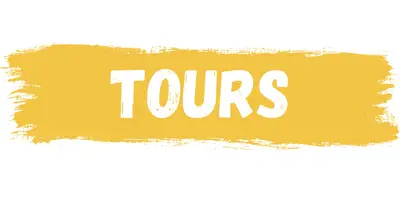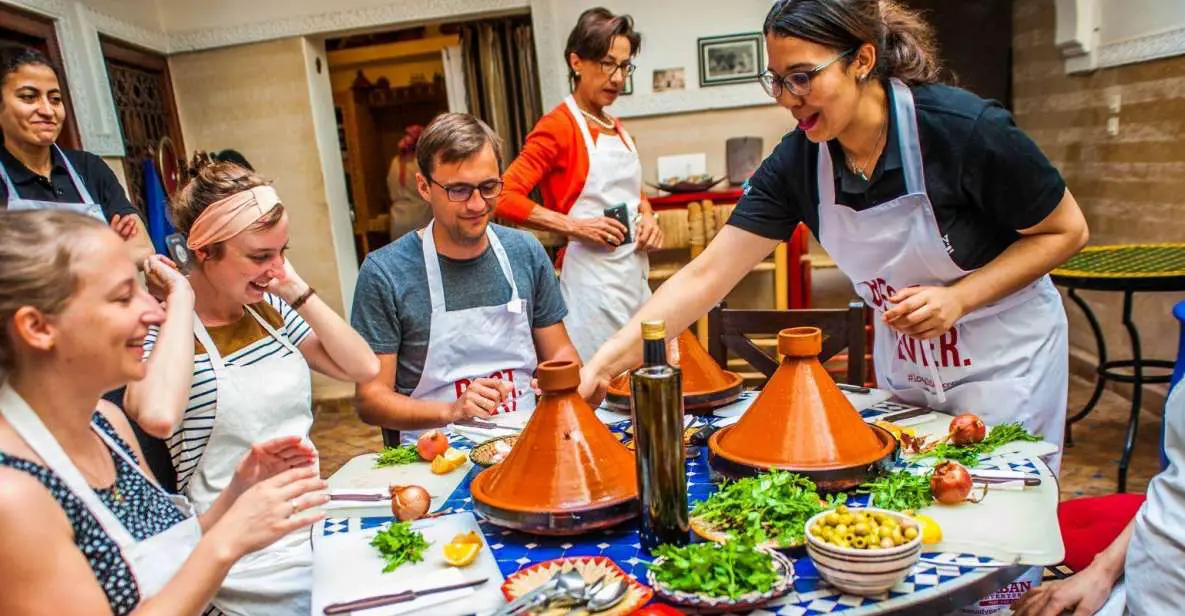10 Arabic Words For Tourists in Morocco
(Or Anywhere Really)
A few years back, I went to Morocco for a few weeks and stayed with a local family there. I was completely immersed in their culture, visiting friends and relatives, constantly drinking tea, cleaning myself up in the Moroccan Hammams, and pretty much eating their delicious cuisine nonstop. Not to mention, while I was there, I attended the most interesting wedding I’ve ever been to (If you have never attended a Moroccan wedding, it should be on your bucket list!).
Needless to say, I was around Moroccans day and night, and started to pick up a few words that I was hearing over and over. The ten words I included in this article are some of the words I encountered the most in Morocco, and also the words I even began using myself as I interacted with the locals.
These may not be traditional tourists phrases such as “how much is it?” or “where is the bathroom?”. However, I feel like these ten words are connected more to the heart of the Arabic language, and when you use them, it will really make the locals smile.
Insha'Allah
Insha’Allah (pronounced in-sha-la) literally means “God willing.” This is a phrase that is said a lot in daily conversation. When you use this word, you want to make sure you use it before something happens. For example, you would say “Insha’Allah I will see you tomorrow” (God willing, I will see you tomorrow) or “Insha’Allah I will make a good grade on my exam” (God willing, I will make a good grade on my exam)
Hamdullah
Hamdullah is the opposite of Insha’Allah. You say Insha’Allah before something happens and Hamdullah after it happens. Hamdullah means “thank God” and you use it to thank God for something good that has already happened. So, going back to the example with the exam you can say “Hamdullah I made a good grade on my exam” (Thank God, I made a good grade on my exam).
Another typical time you say Hamdullah is after you are finished with a meal. Instead of saying a prayer before the meal as most Westerners do, it is common to simply say “Hamdullah” after you finish eating it.
Shokran
This word is pretty straightforward. Shokran means “Thank you“.
Merhaba
Merhaba literally means “God’s love” or “God loves you”. In the Arabic language, however, it is used as a greeting and means “welcome“.
Yalla
I always thought that Yalla was a fun word to say. Yalla means “Let’s go” and we would say it anytime it we were ready to leave a place.
Habibi
Habibi (habibti for girls) means “my beloved“. It is a term of endearment used between a man and a woman, and it can also be used between good friends.
Salam Ou Alaikoum
Salam Ou Alaikoum literally means “peace be upon you.” It is used when you greet people and also before you part with them. So, it is kind of like the “hello” and “goodbye” in the Arabic language.
Mash'Allah
Masha’Allah is a word that you use to show that you are happy about a good thing that happpened to someone else. For example, if your co-worker just had a baby and told you about it, you would say “Masha’Allah”.
Some other examples of when you’d say Masha’Allah are when a friend buys a new house or if someone shows you a picture of their child. Basically, if someone talks about something good in their life, say Masha’Allah.
Naam
Naam means yes. I also heard the word for “no” a lot, which is pronounced “la”.
Saha
Saha literally means “health”, however, it is used in a variety of other ways.
In some Arabic speaking countries, you say Saha when someone sneezes. It would be the equivalent of saying “bless you” in English. Another way to use Saha is to say it when you get something new such as new clothes or a new hair cut. Or, you can use the word Saha if you eat a dish you like.


